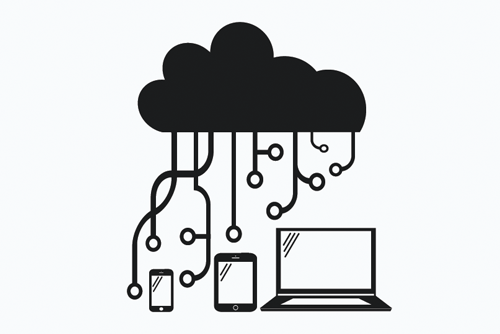With countless systems and multiple departments, managing a hotel today can be challenging and complex. Traditional software, such as the PMS, limits hoteliers’ freedom to work with several different vendors. Often hoteliers have different applications which have been installed at different points in time resulting in complicated systems that do not easily integrate with software from different providers leading to business process compromises and inefficiencies.
But to remain competitive in today’s hotel environment, it is essential that software applications integrate easily and seamlessly with other programs; hoteliers not only benefit from notable cost savings but also improved business productivity i.e.
Lower IT costs and requirements: By implementing an integrated hotel management system from a single vendor or system aggregator, IT no longer having to procure, install, and maintain multiple systems from different vendors as well as the various integrations in-between. Thus, I.T. requirements are significantly lowered along with a reduction in operational costs, not to mention making it vastly easier for future expansion of software and operational requirements.
Related: Top 3 Operational Benefits of a Mobile Hotel PMS
Greater Visibility and Growth: Integrated software means synchronization of information between systems resulting in a centralised database source and dashboard where hoteliers can easily see an integrated view of business performance and operations within a single time frame.
As information can be accessed instantly, in real-time from almost anywhere, without wasting resources on data extraction and/or piecing data together from different sources, staff are better informed and can make more accurate, timely and informed decisions.
Similarly, hotels can also upsell and cross-sell more efficiently to their existing customer base because of the improved visibility they obtain through the use of an integrated system.
Centralized Rate Control and Seamless Inventory Updating: Direct connectivity between your PMS, your channel manager and OTA channels ensures that rates and availability are up to date and are evenly distributed in real time across all channels and in online marketplaces to maximize occupancy, reduce overbookings and minimize any possible rate-parity issues.
Not only does an integrated distribution system save staff a lot of time and hassle managing inventory and reservations but it is key to expanding the visibility and accessibility of your property across all channels by putting your property in front of travellers all over the world.
Automation: With integrated systems, several key daily operations, such as reservation management, financial consolidation etc. can be automated. In an ROI study by independent analyst firm Nucleus Research, Nucleus found that, by using integrated applications from a single vendor, hotels accelerated their financial close times by up to 50%, increase sales productivity by 12.5%, and increase inventory turns by 50%, amongst other efficiencies.
Related: Why It’s Important to Provide the Choice of Automation to your Guests
Smart integration is transforming how hotels run their operations – with better systems in place hoteliers can transcend the growing pains, costs and complexities of disparate and disconnected systems and instead relish in more cost effective and operational efficient system that allows them to devote more time to welcome and delight guests and compete on a global scale.







